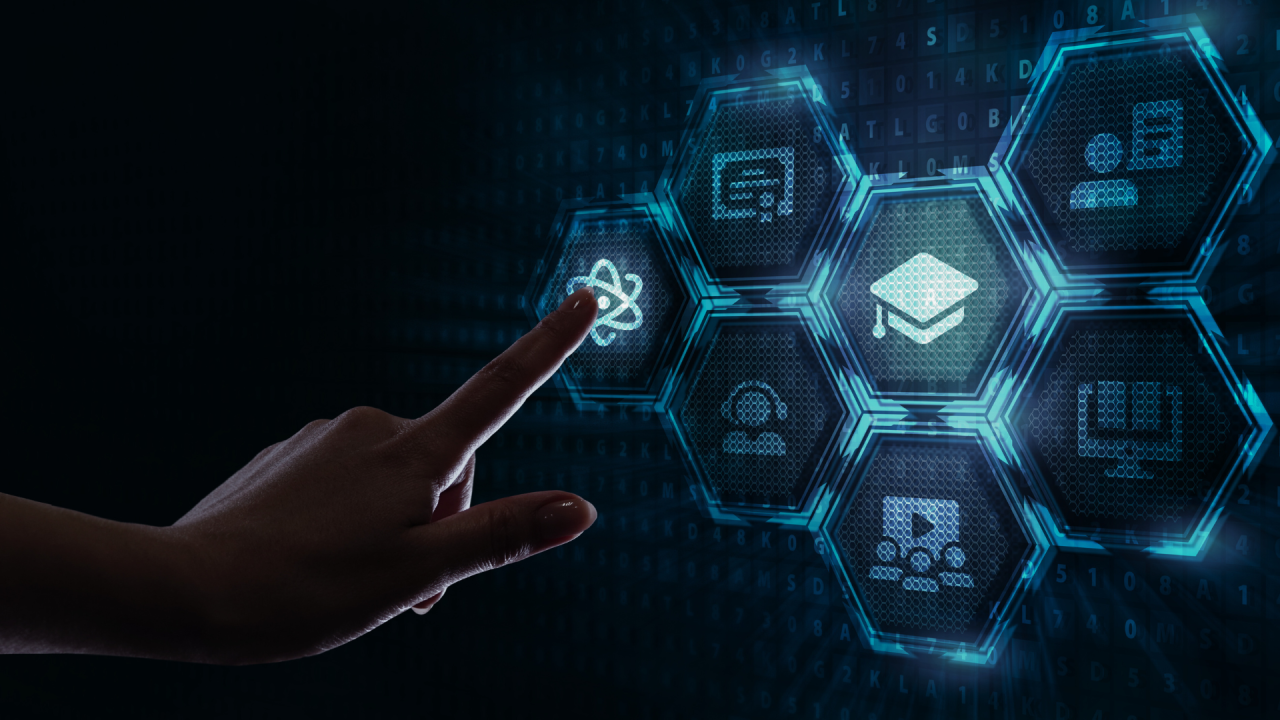
The landscape of education is undergoing a dramatic transformation, primarily driven by advancements in digital technology. This revolution is not just reshaping the methods of teaching and learning but also expanding access to education across the globe.
Redefining Learning Through Personalized Education
One of the most significant breakthroughs in modern education is the advent of AI-powered personalized learning. By analyzing student data, AI customizes learning experiences, ensuring that educational content aligns with individual preferences and learning speeds. This tailored approach has been shown to increase student engagement and improve academic outcomes by addressing specific learning needs and styles.
The internet has democratized education, breaking down geographical and socioeconomic barriers. Initiatives like the MIT Refugee Action Hub demonstrate how online and hybrid learning platforms can provide quality education to marginalized groups, offering them opportunities for growth and development that were previously out of reach.
The Role of Major Educational Frameworks
Strategic frameworks like Singapore’s “Transforming Education through Technology” Masterplan 2030 illustrate governmental efforts to integrate technology into education systematically. These plans aim to equip students with critical digital skills and promote self-directed and collaborative learning through digital means, preparing them for a technology-driven world.
Continuous Education and Workforce Relevance
In today’s rapidly changing job market, the importance of lifelong learning cannot be overstated. Technologies such as AI not only facilitate ongoing education through personalized course recommendations and adaptive content but also ensure that individuals remain competitive and relevant in their professional fields.
Challenges and Considerations
Despite the benefits, the integration of technology in education presents challenges, including the digital divide, privacy concerns, and the need for responsible AI use. Addressing these issues requires a collaborative effort among educators, policymakers, and technologists to create an ethical, inclusive, and effective educational environment.
As we advance, the fusion of education and technology promises more inclusive, engaging, and effective learning experiences. With continued innovation and responsible implementation, this synergy has the potential to transform education into a more adaptive and immersive process, preparing future generations for the complexities of the modern world






















